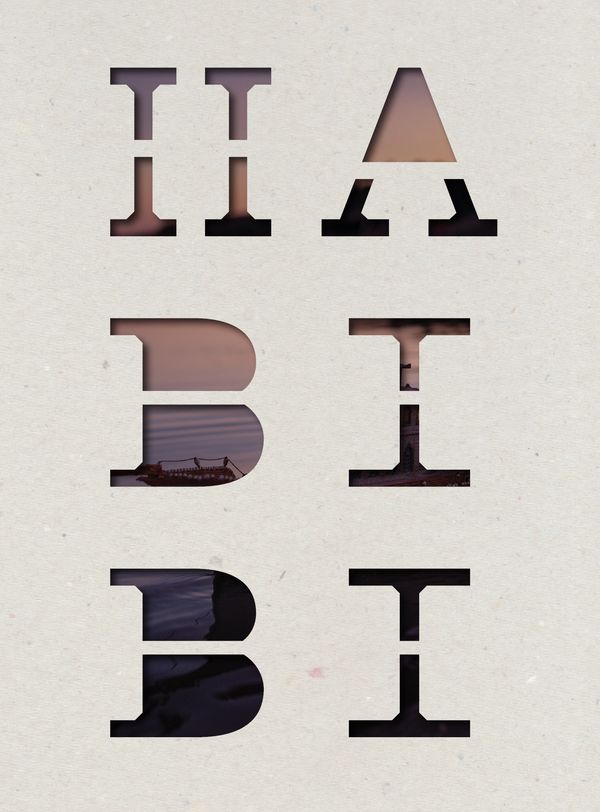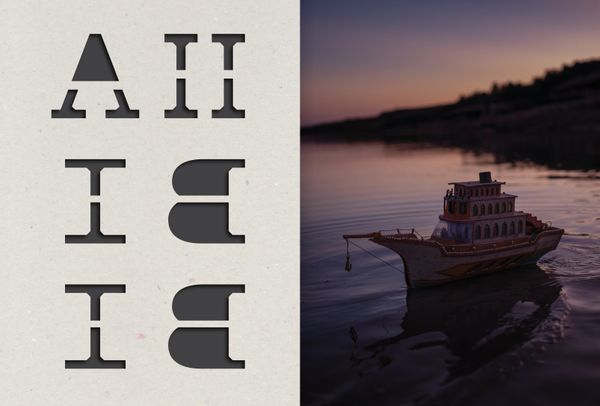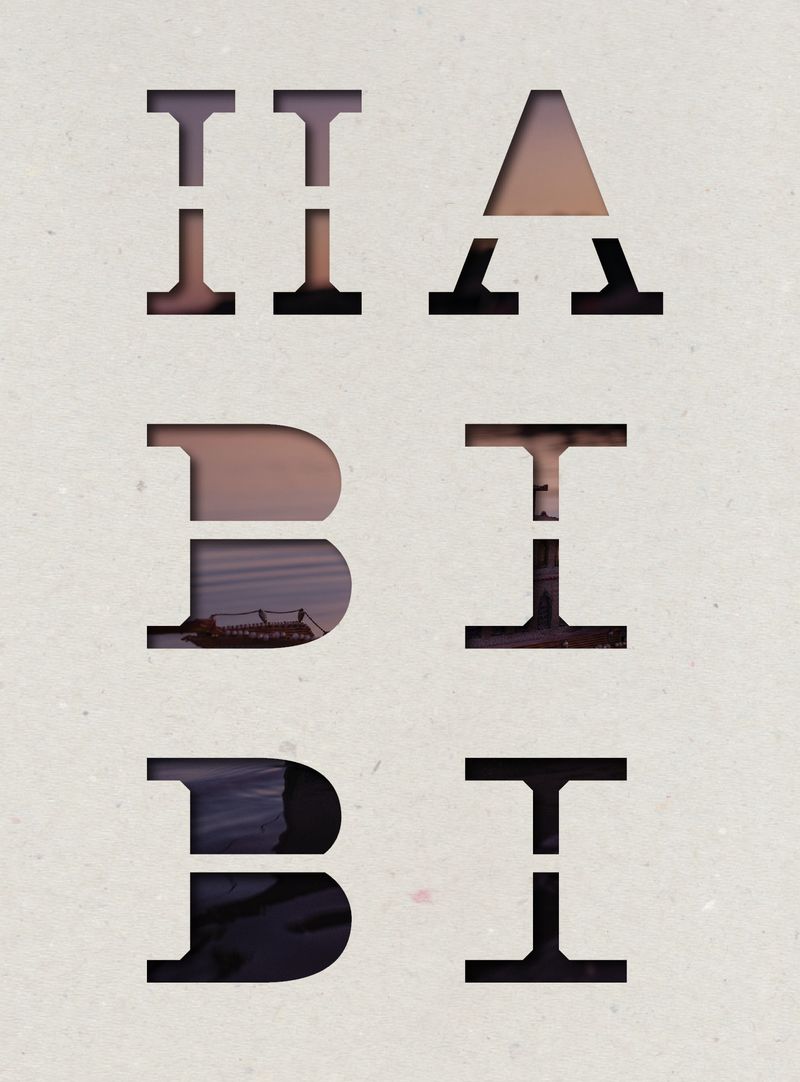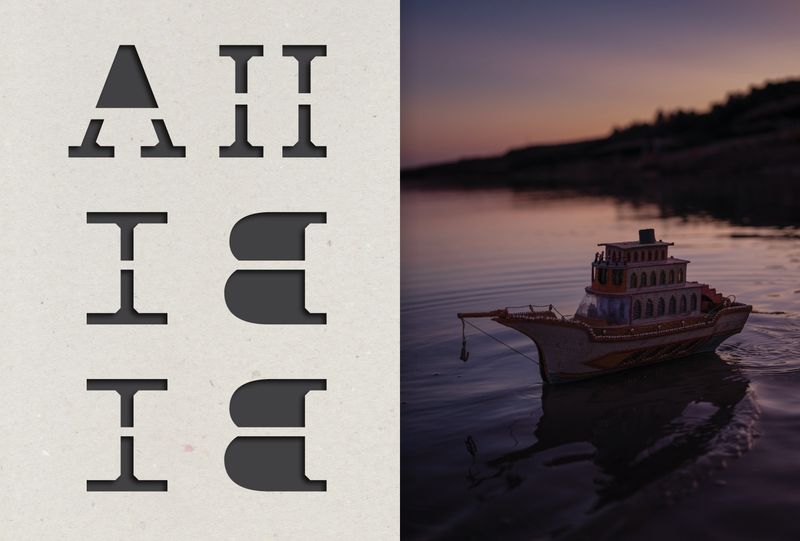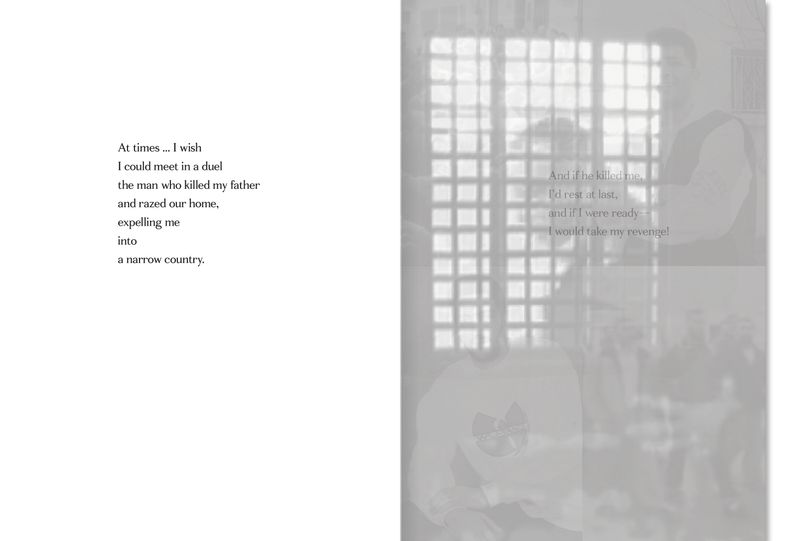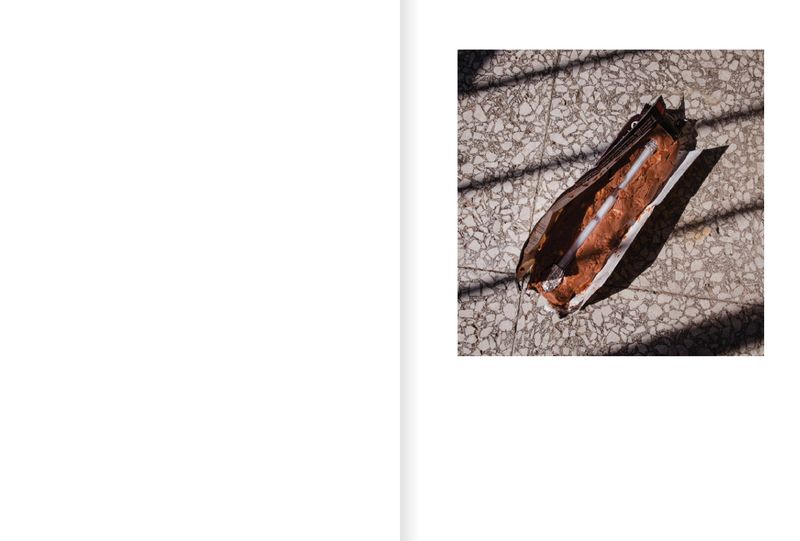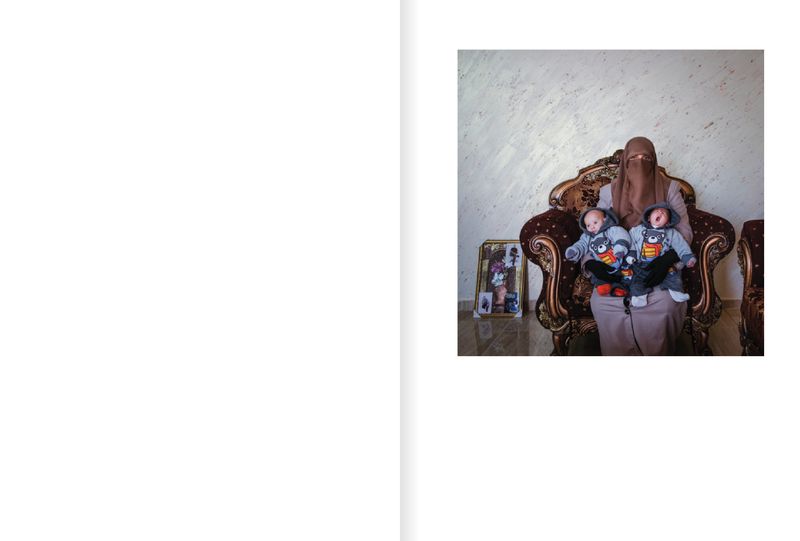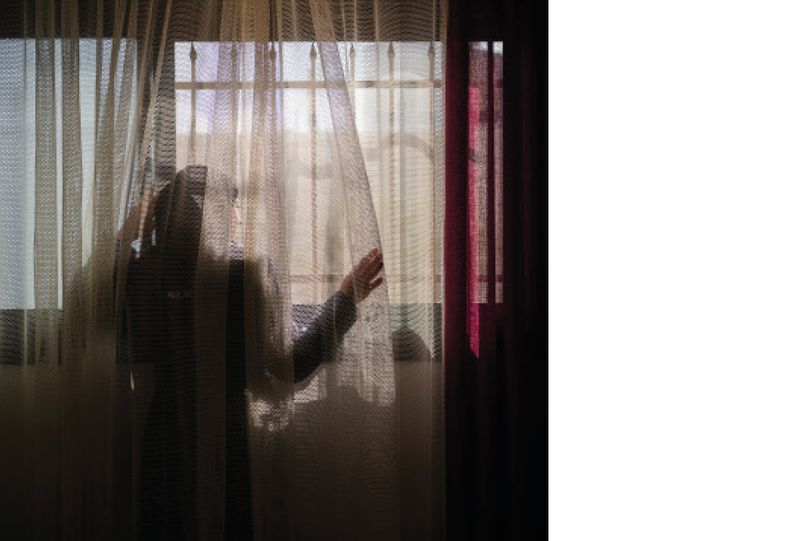Habibi by Antonio Faccilongo
-
Dates2020 - 2020
-
Author
- Topics Documentary, Social Issues, War & Conflicts
- Location Italy, Italy
HABIBI follows families in Palestine with men serving long sentences in Israeli jails, who smuggle sperm and use in-vitro fertilization to have children.
HABIBI by Antonio Faccilongo is the recipient of the 2020 FotoEvidence Book Award with World Press Photo
HABIBI is the winner of the 2020 FotoEvidence Book Award with World Press Photo. The Book Award is given each year to a photographer whose work demonstrates courage and commitment in the pursuit of human rights. The project was selected to be published as a book by an international jury.
HABIBI, is a chronicle of a love story set in one of the longest and most complicated contemporary conflicts, the Israeli-Palestinian war. It follows families in Palestine with men serving long sentences in Israeli jails, who smuggle sperm and use in-vitro fertilization to have children. Most media depict Palestine as a war zone. HABIBI takes a purely humanistic approach to one non-violent response to oppression.
The book HABIBI is printed in a limited edition of 500 copies. It measures 17x 23 cm. and contains 58 color photographs, four inserts with images of prisoners taken of from a CCTV video and a personal narrative by the photographer. The book is enhanced with the poetry of Taha Muhammad Ali.
Photographs Copyright© 2020 Antonio Faccilongo
Text copyright © 2020 Antonio Faccilongo
Photo Editor: Sarah Leen
Design: Ramon Pez
Introduction: Dr. Paridah Abd Samad
Text Editor: David Stuart
Poem: “Revenge” by Taha Muhammad Ali
Translated from the Arabic by Pete Cole, Yahya Hijazi and Gabriel Levin and reprinted from “Hymns & Qualms: New and Selected Poems and Translation,” Peter Cole (Farrar, Straus & Giroux, 2017).
